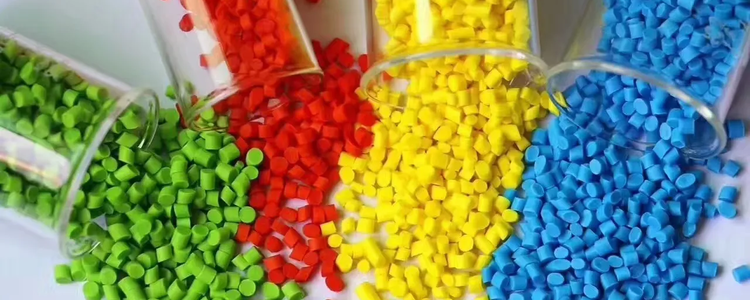Why Pre-Drying is Required for TPE/TPR Pelletizing and Product Manufacturing? Methods and Guidelines In TPE/TPR pelletizing and product manufacturing processes, SEBS/SBS raw materials and TPE/TPR pellets are typically pre-dried to remove moisture. Common equipment includes vertical industrial dehydrators, plastic drying ovens, and hot air circulation dryers. The purposes and methodologies are outlined below: I. Purpose of Drying 1. Drying for Pelletizing Moisture Elimination: Removes residual moisture from raw materials to prevent bubble formation under high temperatures, ensuring pellet quality and stability. Enhanced Melt Flowability: Improves the melt processability of TPE materials, facilitating smoother extrusion and shaping during pelletization. 2. Drying for Product Manufacturing Surface Optimization: Enhances product gloss and minimizes flow marks. Quality Assurance: Eliminates volatile substances from raw materials to reduce internal voids and bubbles. II. Drying Methods 1. Pelletizing Stage Temperature Control: SEBS-based TPE materials: Optimal drying temperature ranges between 60°C–90°C. This range effectively removes moisture and volatiles while avoiding thermal degradation. Materials with hardness <60A: 60°C–80°C. Materials with hardness ≥60A: 80°C–90°C. Time Control: Drying duration: 2–4 hours, adjusted based on material type, thickness, and moisture content. Extended drying may be required for high-moisture or large-particle materials, while shorter durations suffice for pre-dried or fine-particle materials. 2. Product Manufacturing Stage Temperature Control: TPE typically requires higher drying temperatures than TPR due to elevated injection molding demands. Gloss-critical products: Longer drying times and/or higher temperatures. Material hardness adjustments:Ultra-soft TPE-S: 40°C–50°C. TPE <60A: 60°C–80°C. TPE ≥60A: 80°C–90°C. Time Control: Drying duration: 1–4 hours, tailored to material properties and process requirements. For optimal results, prioritize lower temperatures with extended drying to ensure thorough dehydration.
